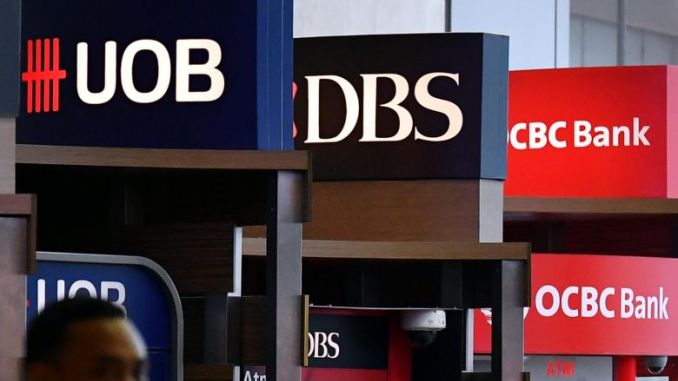
The Monetary Authority of Singapore (MAS), the island’s central bank and financial regulator, is allowing banks to adjust their capital and liquidity buffers to support lending activities.
MAS will begin to adjust certain regulatory requirements and supervisory programmes to help banks and other financial firms cope with the coronavirus pandemic.

Access deeper industry intelligence
Experience unmatched clarity with a single platform that combines unique data, AI, and human expertise.
The new rules will enable banks to recognise their regulatory loss allowance as capital, until 30 September. This will help to improve their lending capacity; the net stable funding ratio has also been halved from 50% to 25%.
In addition, financial institutions are now urged to take into account the government’s fiscal assistance and banks’ relief measures in setting up accounting loan loss allowances.
Deferral and suspension
MAS will defer the implementation of the final set of Basel III reforms, margin requirements for non-centrally cleared derivatives, and other new regulations by one year.
Moreover, the application of revised standards for risks, leverage ratio, output floor and related disclosure requirements as well as credit valuation adjustments will be delayed until 1 January 2023.

US Tariffs are shifting - will you react or anticipate?
Don’t let policy changes catch you off guard. Stay proactive with real-time data and expert analysis.
By GlobalDataRegular onsite inspections and supervisory visits have also been suspended until further notice.
The biggest bailout in Singapore’s history
About a week ago, Singapore unleashed a S$48.6bn ($33.8bn) stimulus package — the largest in the country’s history — to counter the economic fallout from coronavirus as the city state fights a second wave of infections.
Along with the first measures introduced in February, the programme announced on Thursday, takes the overall relief plan to S$55bn — or 11 per cent of its gross domestic product — and is aimed at protecting jobs and supporting businesses.
“We are facing an unprecedented crisis of a highly complex nature,” said Heng Swee Keat, minister of finance and deputy prime minister. “In economic terms alone, this will likely be the worst contraction since independence.”







